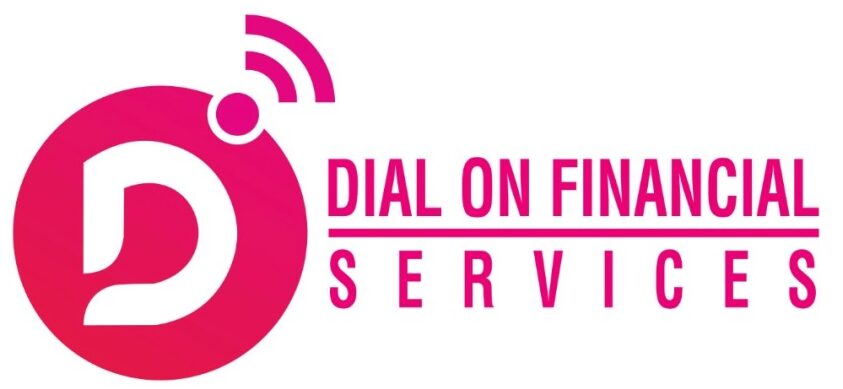What Is the Trademark?
A trademark gives a unique identity to any item or service. A trademark can be a logo, slogan, photograph, colour combination, sound, word, smell or graphics. Company can patent its trademark to protect. A registered trademark is your business’s intellectual property because no other competitor on your identity can sell your product or provide service.
- The registration of a trademark is done under the Trademark Act 1999. If you have registered the trademark of your business, then you can sue someone who has copied your trademark. The law in jurisdiction also allows the owner of the registered trademark to prevent unauthorized use of the mark.
- The registration period of the trademark is valid up to 10 years it can be renewed again after the date of expiry. The trademark will not be removed by the registrar if an application is made in the prescribed form along with fee and surcharge within 6 months from the date of expiration.
Documents Required for Trademark Registration
- Name, Address and Nationality of the applicant
- Application form
- Soft copy of trademark to be register
- Trademark entity documents
- List of goods and for which registration is required
- Date of first use of the trademark in India
- Power of attorney to be signed by the applicant
Types of trademark
- Image, symbol, monograms or
- Name (such as – surname, personal name, signature etc.)
- Sound or
- Numerals, letters, or alphanumerical, logo or
- A word (any arbitrary dictionary word or inventive word or coined word)
Benefits of Trademark Registration
- Once trademark is registered it will be protect for 10 years.
- There is no need to spend much on its registration and it remains valid for a long time at a low cost.
- No other person or company or other competitor can use your trademark and can’t take advantage of your name.
- It gives a distinct identity of your business which helps you to build goodwill
- Trademark inspires the positive image of the business by which customers choose your products or services in the name of your brand.
- If you patent your trademark, it becomes an intangible asset for your business.
How to respond to an objection?
Once an objection is filed the applicant will be given due notice about the objection as well as the grounds of objection.
- The first thing one must do is file a counter statement to the objection.
- This must be done within 2 months from the date of receipt of the notice of objection
- Failure to file an objection within 2 months will change the status of the application to Abandoned.
Once the counter is filed, the Registrar may call for a hearing if he rules in favour of the applicant the trademark will be registered. If he rules in favour of the opposing party, the trademark will be removed from the Journal and the application for registration will be rejected. At this juncture, the applicant may file an appeal to the Intellectual Property Appellate Board (IPAB):
- The appeal must be filed within 3 months from the date of the order passed by the Registrar.
- If an appeal is filed after the period of 3 months, the applicant must state the reason for the delay by filing a petition for condonation of delay with a fine of Rs 2,500. If the reason is accepted by the IPAB the appeal will be posted for hearing.
- The filing must be done according to the rules prescribed in TradeMarks (Applications, Appeals and Fees to the Intellectual Property Appellate Board) Rules (hereinafter referred to as Trademark rules).
- All of the documentation must be verified by the applicant
- Every application must then be endorsed by the Deputy Registrar on the date of on which the application is presented
- If the Deputy Registrar finds any defects with the application he will give notice of the same
- The defects must be fixed and the application must be resubmitted within 2 months by the applicant.
- Failing to do so, the Deputy Registrar will deem the application to be Abandoned
- If the application is found to be in ordder, the Deputy Registrar will register the case and will allot it a serial number.
Once the case is registered the IPAB will hear the case. The place of the hearing will be decided upon the jurisdiction under which the case falls according to rule 2(m). A date will be given for the hearing of the case. The hearing will follow as such.
- The IPAB will decide on the case based on the submissions made by the two parties.
- If one party fails to present themselves on the day of the hearing, the IPAB can:
- Rule on the merits of the case
- Give an order ex parte (in the absence of one party)
- Dismiss the case
If the case is dismissed or is ruled ex parte a period of 30 days from the date of the ruling is given to file a petition against the earlier order. The case will be heard and the order passed by the IPAB will stand. If the applicant is aggrieved by the order passed by the IPAB he still has the option to file an appeal to the High Court with competent jurisdiction. Subsequent appeals can also be filed to the Supreme Court of India.
How Can Dial on Financial Service Help You?
Dial on financial service’s team can help you in the Trademark registration. We will try our best to provide you a good service. We provide services at very low price compared to other service provider.
Satisfaction Guaranteed
We are here for your happiness guaranteed DOFS is your happiness which means we stand by our product and services 100%. No matter what, no question asked, no hold barred, no ifs, no end, we will solve it.
